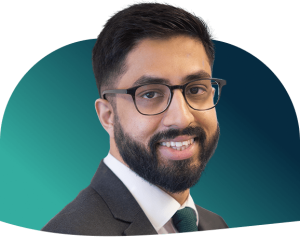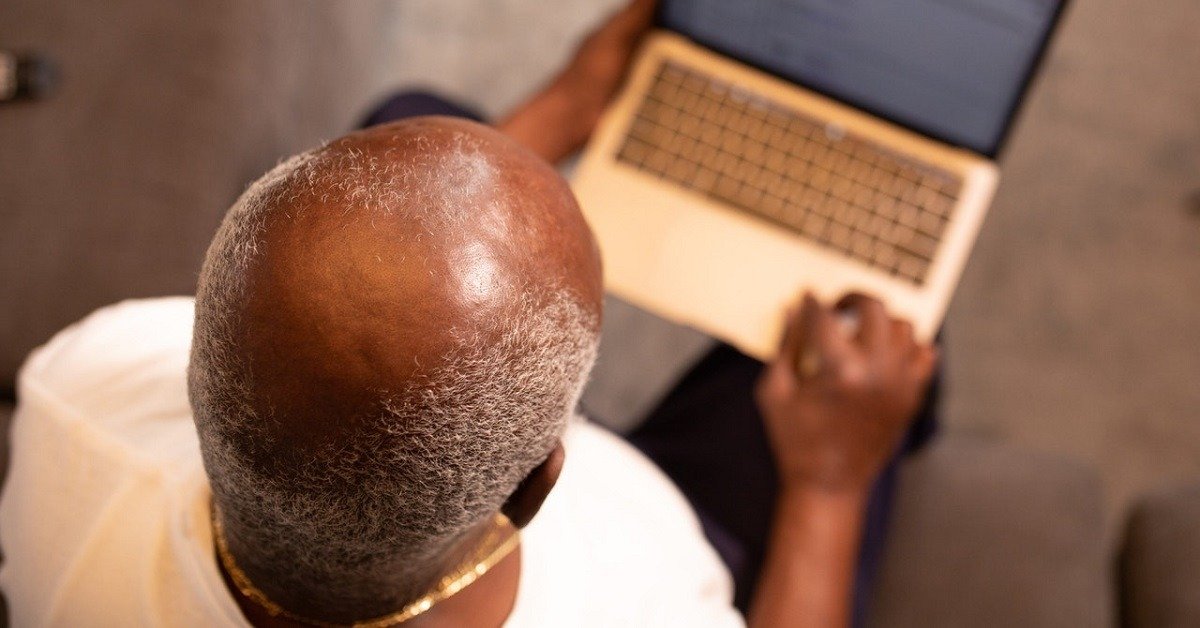
You’re not alone if you have been worried about losing your hair. Most adults lose roughly 100 strands of hair every day on average. Many people won’t notice a difference because new strands will sprout in their place. You may have a condition such as alopecia if fewer or no strands come back and you see a receding hairline. There is no need to be embarrassed, hair loss is very common. However, if it’s affecting your self-confidence and daily life, we are here to help. Continue reading to learn how to treat hair loss.
What is the main cause of hair loss?
Genetic factors, hormonal changes, and certain medical disorders can all cause hair loss. Hair loss caused by genetics is perhaps the most frequent, affecting nearly half of men and women.
Hair loss can also be caused by:
- A recent childbirth
- Alopecia areata
- Chemotherapy
- Hair loss caused by traction alopecia
- Infected scalp
- Polycystic ovary syndrome (PCOS)
- Side effects of medications
- Scalp psoriasis
- Scarring alopecia
- Syphilis
- Thyroid problems
- Nutrition shortages
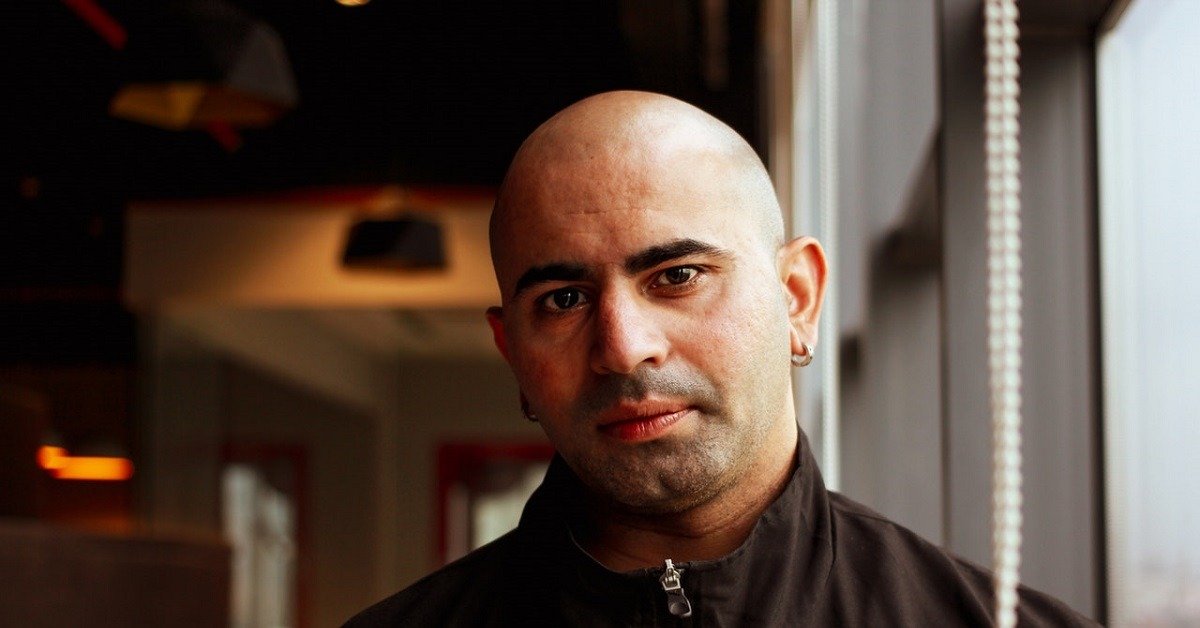
How can I stop and treat hair loss with medication?
A doctor or pharmacist may offer several of the following treatments concerning hair loss:
- Regaine (minoxidil).
- Proscar or Propecia (finasteride).
- Follicular unit transplantation (FUT): which is a hair transplant that includes the underlying tissue.
- Follicular unit extraction (FUE): a hair transplant that solely uses follicles and does not use any connective tissue.
Here are some of the best medications that we recommend:
Finasteride
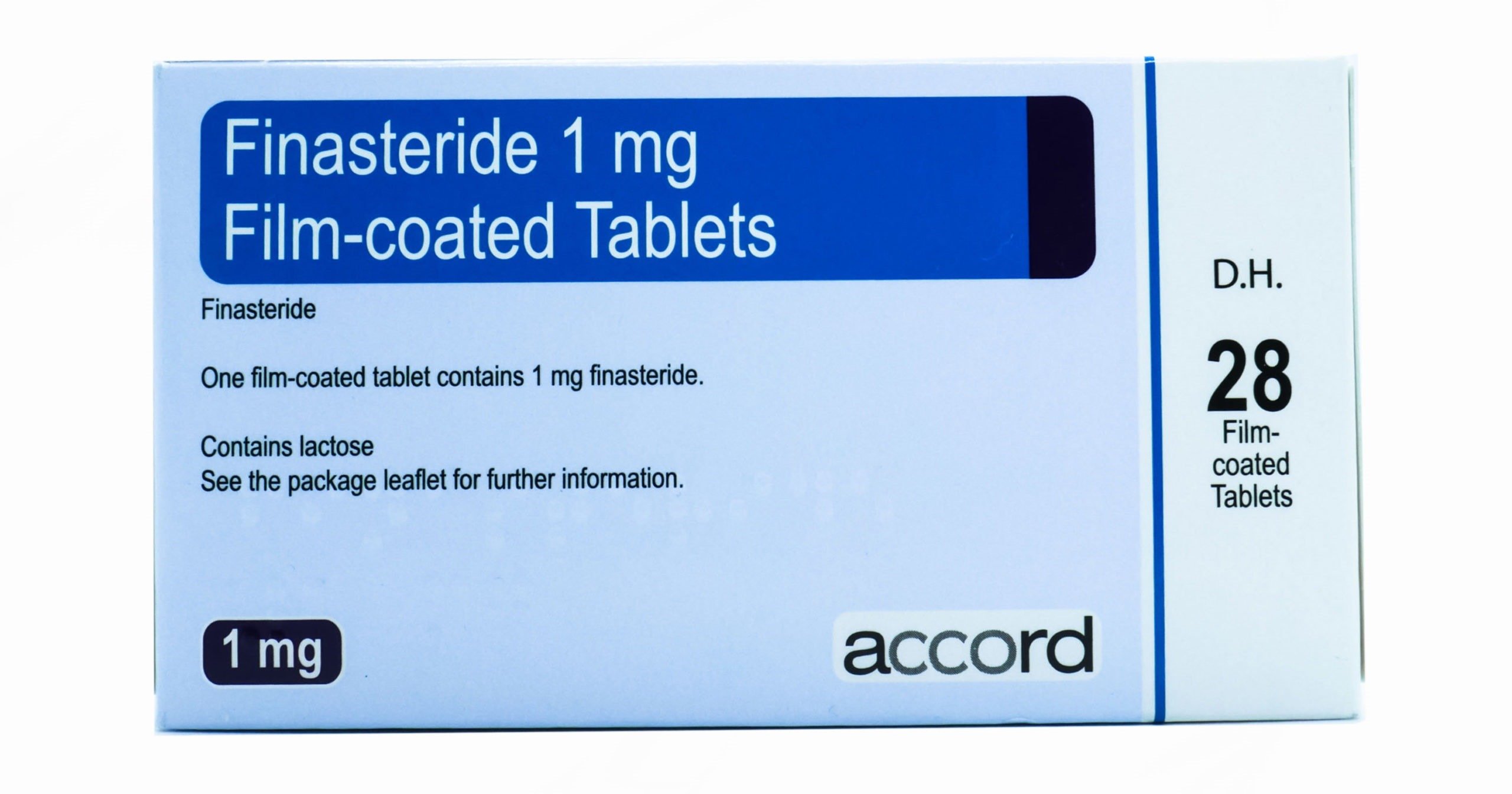
Propecia (Finasteride)

How can I stop and treat hair loss at home?
You also might want to try at-home treatment to see if you can prevent hair loss. However, it’s critical to get diagnosed and determine the root reason for your hair loss in order to treat it properly.
1. Increase your protein intake
It’s possible that you’re not getting sufficient protein each day, which can impair your hair development. You may have to increase your protein intake, particularly if you are a vegan or vegetarian.
It’s not a must to eat your protein in a food product; you can drink it as well.
Eating beans and lentils, eggs, or Greek yoghurt are other methods to meet your daily protein requirements.
2. Supplements to treat hair loss
For appropriate hair formation and growth, numerous minerals and vitamins are required. Hair loss can be caused by certain nutritional deficiencies.
Vitamin D supplementation may help to alleviate the symptoms of hereditary hair loss, also known as telogen effluvium. However, further research is required to fully comprehend the connection. Iron supplementation may help those who are iron deficient feel better.
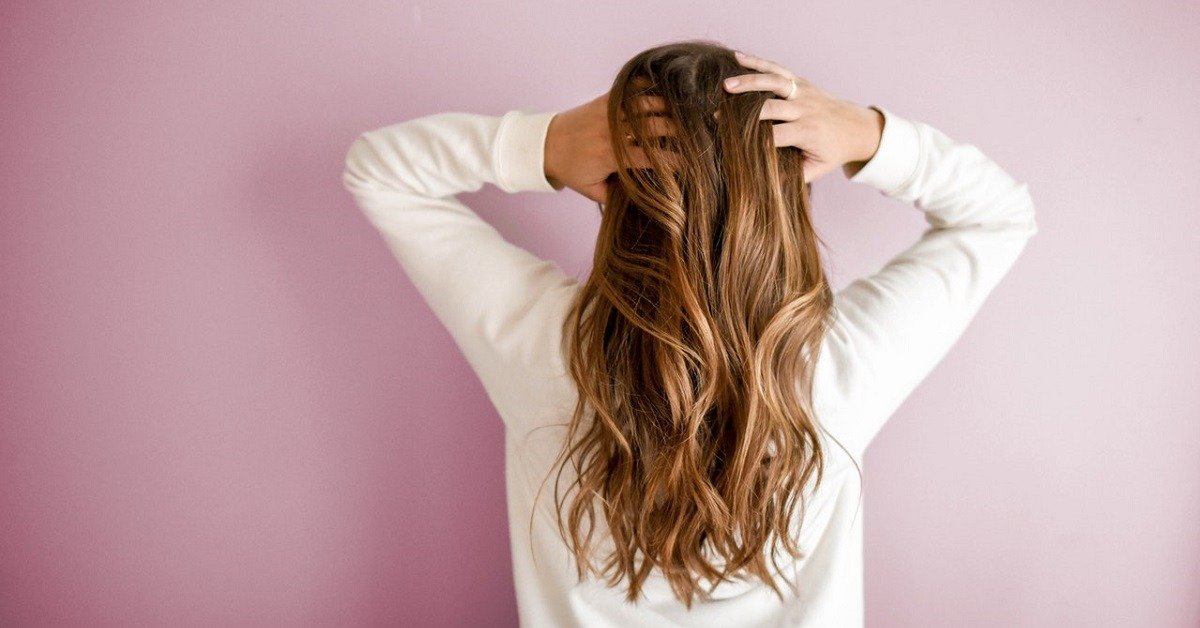
3. Essential oils
Plants create essential oils, which are natural extracts. Some essential oils may have qualities that help hair grow faster. At this time, the information is almost purely anecdotal, and no studies have discovered sufficient evidence to demonstrate that any essential oil may be used to treat human hair loss.
4. Massage your scalp
Scalp massage may promote hair growth by boosting circulation and gene modifications, although there is currently very little proof of its efficacy.
Getting a scalp massage feels fantastic, so even if it doesn’t help you grow more hair, you could find it calming.
5. Diet to treat hair loss
Hair loss can be influenced by your diet. A diet high in antioxidants can help counteract the effects of oxidative stress, which causes hair follicle damage and contributes to hair loss. Antioxidants can be found in a variety of coloured fruits and vegetables, including strawberries, beans, blueberries and legumes, kale and spinach.
Oxidative stress can be caused by sugar, preservatives, processed fats and alcohol. If you want to prevent your hair from falling out, keep this in mind.
6. Stop smoking
Smoking damages hair cells, making hair follicles fragile and susceptible to injury. Smoking has been linked to hair loss and premature greying. Quitting smoking can be challenging, but a pharmacist can assist you in developing a strategy that is good for you.

How do you prevent hair loss after childbirth?
As their bodies adjust to life after pregnancy, many women endure dehydration, exhaustion, stress, and a drop in hormone levels. Hair shedding can be exacerbated by certain conditions. Hair loss is frequently linked to stress and tiredness after childbirth. This is a transitory ailment that should go away after the pregnancy is over.
If you’re breastfeeding, keep taking your prenatal vitamins, eat a balanced diet, and avoid tight hairstyles which can pull hair away from your scalp. These can help to reduce hair loss after pregnancy.
Can lost hair grow back?
The length of time it takes for the hair to regrow is determined by the source of your hair loss. Pattern hair loss, for example, is usually permanent, meaning the hair does not regrow. However, if identified early enough, you might be able to decrease or stop hair loss with a prescribed oral or topical medication.
Contact us today to get treatment & a consultation.
This blog post was written on behalf of WePrescribe by Pharmacy Mentor.


